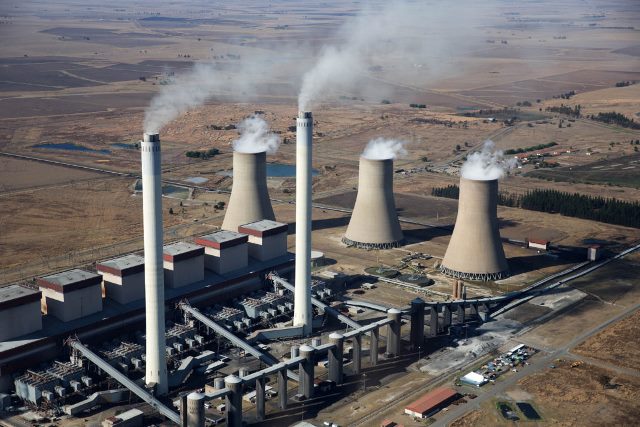An investor group of multi-national conglomerate General Electric has publicly objected to plans to purchase a stake in a Kenyan coal plant arguing that the project will pollute the environment and deter efforts to fight global warming.
According to Reuters, the company received a public letter from about 56 institutional and individual shareholders asking it to change its plans to buy 20 per cent stake in the planned 1000-megawatt coal plant in Lamu, Kenya.
The letter read:
“We are alarmed by [the] apparent risks involved with the coal plant’s construction and operations. The plant will negatively impact human health as coal production releases toxic pollution into the air and leaves behind ash that can contaminate groundwater supplies.”
In addition, the letter said that GE’s plan was contrary to the 2015 Paris climate change agreement that it supports.
The letter was signed by the Local Authority Pension Fund Forum, an association comprising of over 70 UK-based “public sector pension funds with nearly $300 billion in assets under management.” Religious groups also signed the letter.
“Bringing on plants that incorporate marginally improved technology but will lock in the use of coal for decades is the wrong direction – for Kenyans and for the world’s climate,” the letter added.
According to the professor of finance at the Foster School of Business at the University of Washington Jonathan Karpoff, such activism from shareholders rarely has the expected effect.
“It is unlikely to have a significant impact on the firm’s decision or value. If it does sway the decision, it was a coin-flip of an investment, to begin with,” he said.
GE signed an agreement in May with Amu Power, a consortium that is supposed to deliver the $2 billion coal plant. The agreement also included GE obtaining a 20 percent stake in Amu Power for Sh 40 Billion through its affiliates.
Increasing Criticism
The Kenyan government’s plan to build the coal power plant in Lamu has been met with a lot of criticism from environmentalists and the local community. Lamu, a United Nations World Heritage site, is a tourist destination on the Kenyan coast.
Kenya was one of the countries that signed the Paris climate change agreement, promising to reduce carbon emissions by 30 per cent by 2030.




